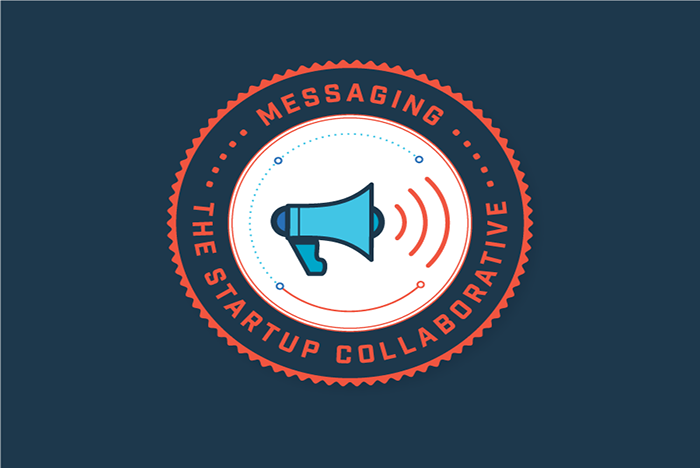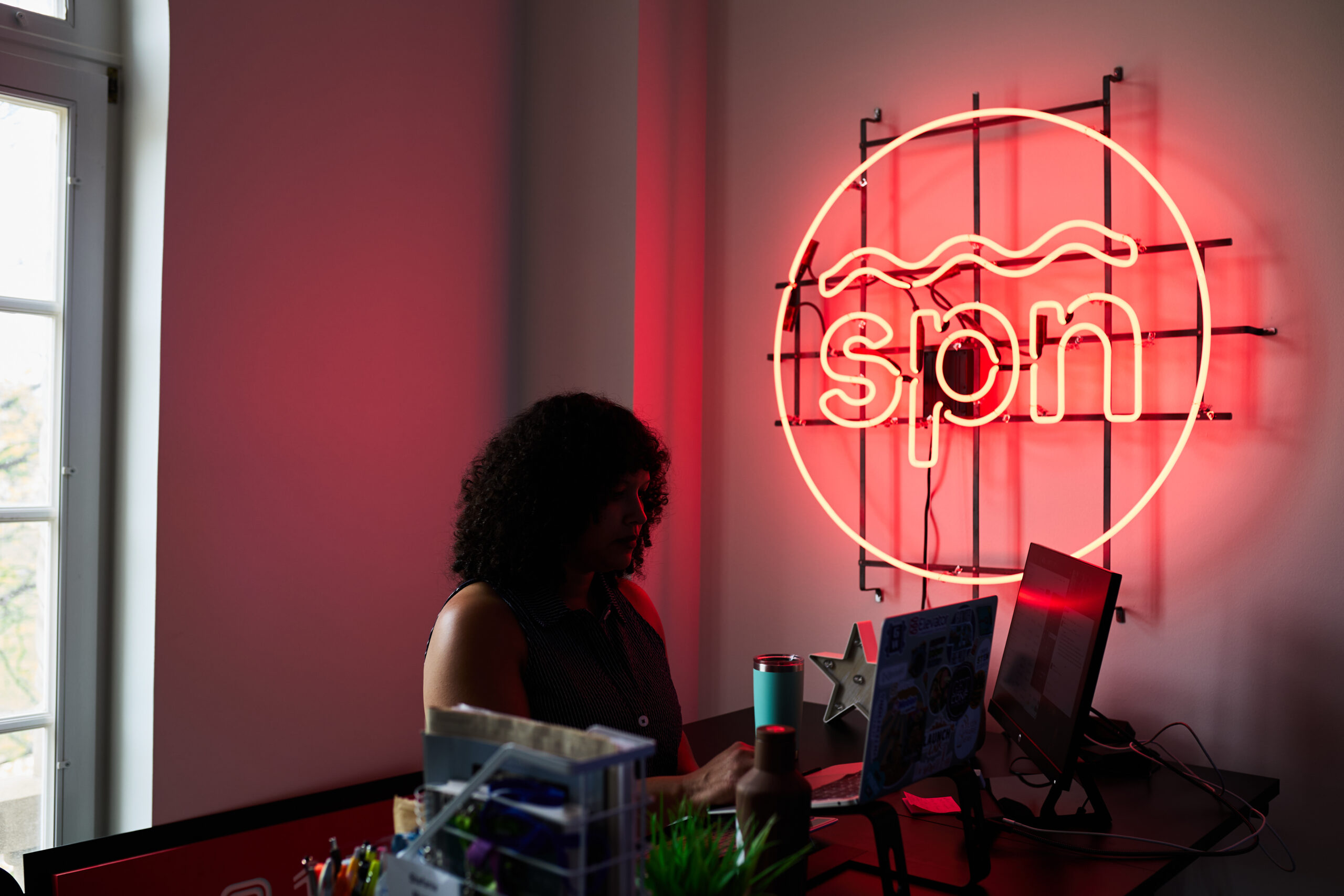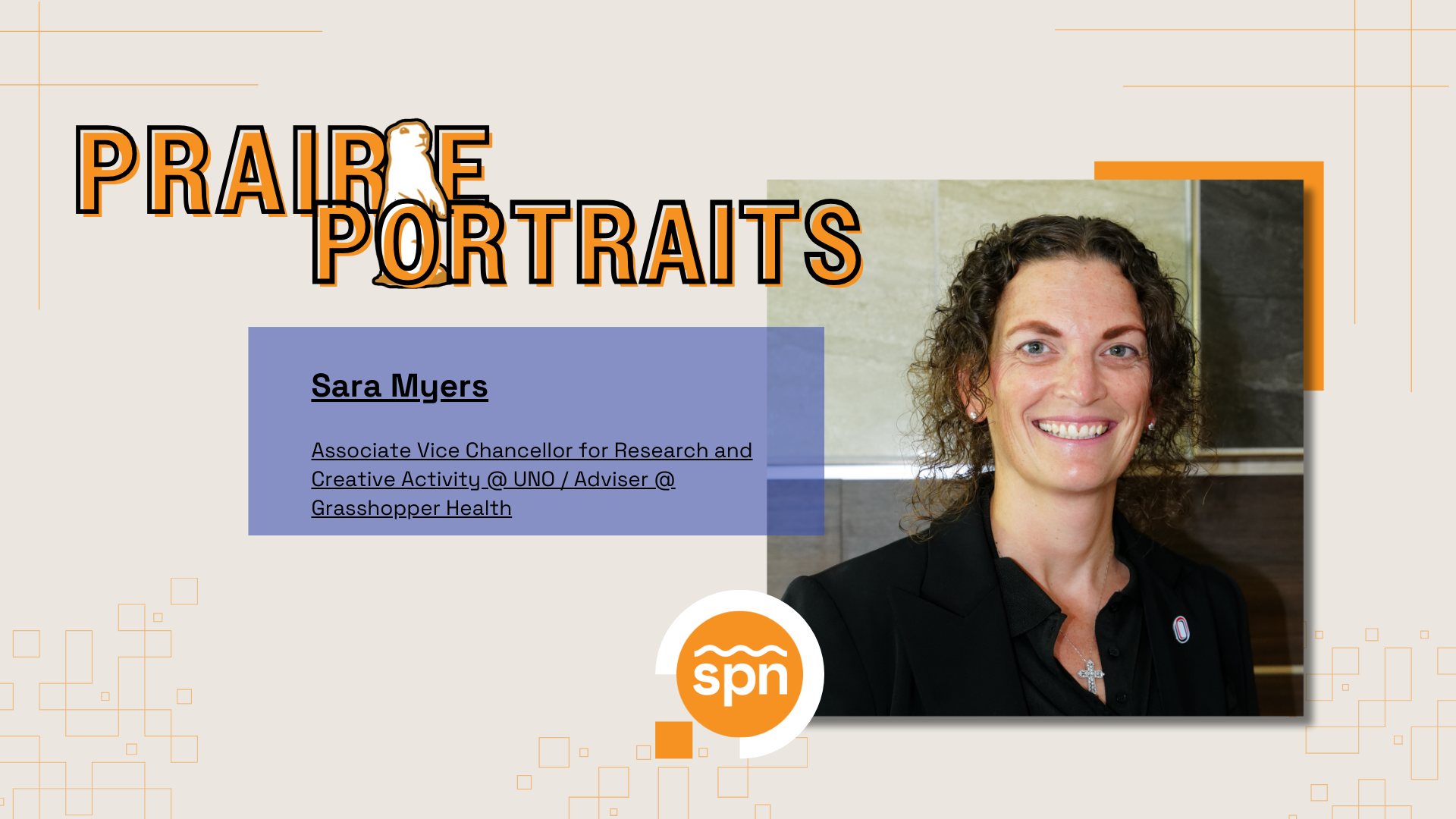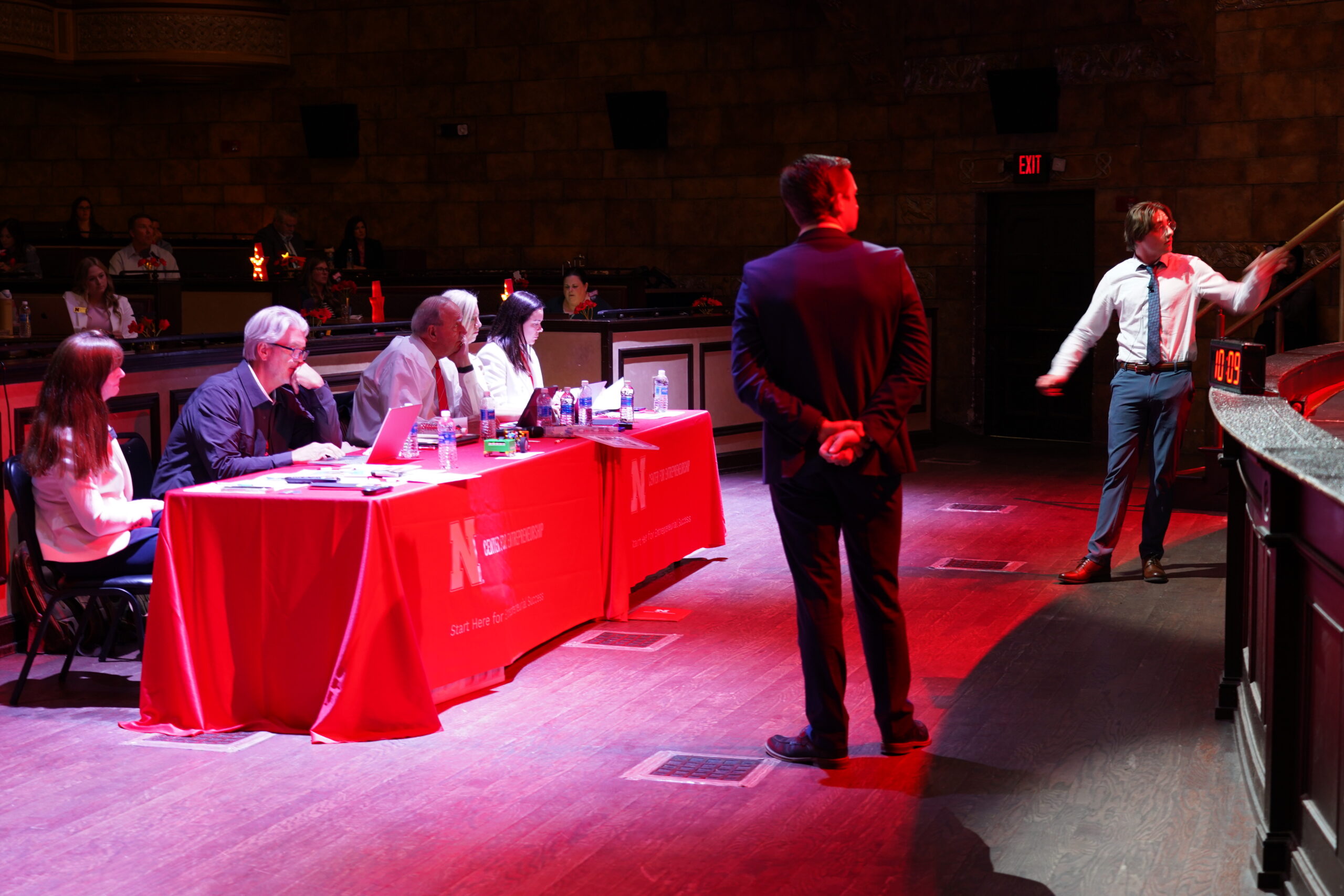Erica Wassinger, Senior Director of Entrepreneurship & Innovation for the Greater Omaha Chamber, exerts considerable energy and influence helping entrepreneurs weather the storms of starting up.
Her work as cofounder of The Startup Collaborative often brings her as close to founders as public health guidelines currently allow.
For the past month, she’s been speaking with a lot of worried people, some of whom are seeing their dreams evaporate. And she’s trying to help.
“It’s really difficult,” she said. “It’s a tricky time for buyers, let alone founders of startups.”
But Wassinger and her colleagues at the Startup Collaborative and the Greater Omaha Chamber are doing what they can to provide guidance and moral support to startups at a time when 16 million Americans have become unemployed, 3 of 4 are under lockdown and the number one cause of death per day in the U.S. is coronavirus.
Wassinger said: “We’ve been talking a lot with our startups about remodeling what we call the COVID-era customer. The COVID-era customer is frightened, they’re anxious, their budgets are frozen, if even available anymore.”
And since they’re all trying to social distance and work from home—if they’re lucky—the COVID-era customer’s local playing field has melted into an amorphous digital landscape. No longer is the average business competing against others in a geographic radius, Wassinger said, they’re competing against everyone in the world for your customer’s attention.
All turmoil considered, the companies The Startup Collaborative works with are well-poised to navigate the shift from topography to typography. “They’ve always been built more global-first than local-first, built with the digital customer in mind almost exclusively,” Wassinger said. “But it is still tricky.”
An Open Letter to Local Founders
To that end, Wassinger wrote an open letter last week to the Startup Collaborative fellows, most of whom are in the very early stages of starting their business. She offered concrete advice and a bit of cheerleading.
“People were freaked out,” she said. “It felt important to be in their corner and talk to them as a partner, as an advisor, as a cheerleader, as a teammate. And then it also felt important to say: ‘You know the playbook. You know what to do. Lean into it, and be bold about what you’re doing.’”
Here are some (slightly revised) takeaways from that letter. The original can be read here in its entirety:
- Redesign your COVID-era customer. Their pains and gains are different. Take a second to think them through. Make sure your value props contextualize their state of mind.
- Get ready for a lot of churn. Minimize churn by being gracious with your pricing. Remember, customers are going through a challenge now too. Your goal is to keep every one of them, even at the risk of your revenue. Stay close to them, even if they have to suspend their relationship with you.
- Expect lower conversion rates and longer time spans than your traditional sales cycle. Everyone is scared. Everyone is anxious. Making a decision—regardless of the cost or time—is harder now than it was four weeks ago. Be patient. Be their partner, not merely a vendor.
- Reflow your financial forecast and understand your options. As we flatten the virus’s curve, we expect your growth curves will flatten too. Take your current burn rate and expect to operate off that for 6 months or maybe even a year. Some are speculating it could be longer. With that in mind, can your burn sustain? Get to know the federal and state options regarding the stimulus package. Some of the best resources for teams that have taken venture are pooled on NVCA’s site here.
- Focus on the relationships that build your business. Those include your customers and your team, first and foremost. Make yourself closer to them than you’ve been before. If you haven’t been sending routine investor updates, do it now and do it often.
Cameron French, Program Manager for the Startup Collective and Program Associate for Entrepreneurship & Innovation for the Greater Omaha Chamber, said Wassinger’s open letter was great because it struck the right balance between hope and realism.
“It acknowledges the sterility that usually surrounds startups,” French said. “It’s not ignoring the elephant in the room and how hard this is, but it’s also encouraging, and it’s really doubling down on [how] these founders built everything they did based on their customers, so what they need to do right now is listen.”
You Are Not Working from Home; You’re at Home in a Crisis Trying to Work
And, perhaps, to give themselves time and space to reflect on the situation, to ask for help and to take care of themselves. (As one meme recently observed: “you are not working from home; you are at your home in a crisis trying to work.”)
That’s what Dana Dyksterhuis, cofounder of Here For You For Them, a mindfulness-based mental health support company, would’ve said even before coronavirus.
Based in London and Omaha, Here For You For Them offers an array of mindfulness-based products and services, including mindful toolboxes and bespoke family yoga, meditation and brain-building sessions. Mindfulness and meditation have been the secret arsenal of countless successful people, from business to the arts. More importantly, they help everyday people steer a calm course through frightening times—and this is, for multiple reasons, possibly the most frightening world moment many of us have lived through.
“This is massive, what everyone is going through,” Dyksterhuis said. “Personally speaking, I’m hearing from people who are founders out there, that there are these waves that can fluctuate even in one day from we’re gonna get through this to being full-blown depressed.”
But we have to find those moments of hope and look for that fight within us to keep going, Dyksterhuis said.
“I’ve also seen people being more vulnerable now, which is great,” she said. “I’m scared, I don’t know how I’m going to do this. That’s when we need to count on each other.”
The Startup Collaborative seems to agree, offering some salient words for us all.
“We’re in the craziest time of our lives, I just actually want to say that right now,” Wassinger said. “I hope we will not see a crazier time in our life.”
“It’s every dystopian future that we’ve read about in books and seen on movies and television,” French added.



